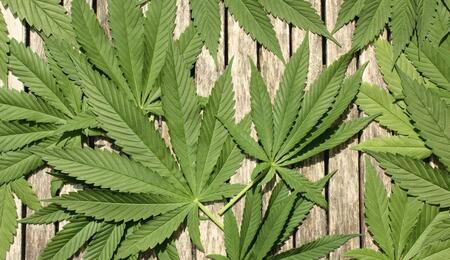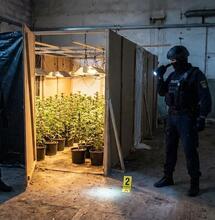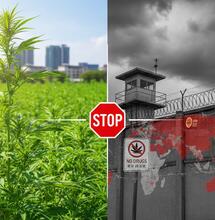Belize Rejects Cannabis Legalization in Historic Vote

In a landmark event on October 8, 2025, the residents of Caye Caulker, Belize, voted decisively against a proposal to legalize cannabis on the island. With a voter turnout of 79%, 79.11% cast ballots against the measure, while only 20.54% supported it. This outcome marks a significant setback for advocates of cannabis reform and highlights the enduring influence of conservative values in shaping public policy.
Historic Belize Referendum Ends in Overwhelming “No”
The referendum, initiated by Village Councilor Ilya Rosado, sought to establish a regulated cannabis industry on Caye Caulker. Proponents argued that legalization could generate substantial tax revenue to fund essential infrastructure projects, such as a new sewer system, and support public services like education and healthcare. The legalization plan further envisioned that the island would become a hub for responsible cannabis tourism, potentially boosting local employment and economic growth.
However, the proposal faced formidable opposition from the “Hope Not Dope” movement, led by Church Senator Louis Wade Jr. and supported by local religious leaders. Framing the issue as a moral imperative, the opponents argued that the local community should not rely on “drug money,” and their perspective resonated with a vast majority of the electorate. It resulted in a strong rejection of cannabis legalization. Out of 857 ballots cast, 678 voted “No” while only 176 voted “Yes”; 3 ballots were rejected.
Referendum Outcome Welcomed by Local Leaders
Local leaders praised the referendum result, attributing it to God and expressing confidence that Caye Caulker would stay united. “This community needs services like a proper drainage system, but not from weed money — from tourism money. Do not promise the island taxes from monies that are non-existent,” said Church Senator Pastor Louis Wade Jr.
In the aftermath of the vote, organizers of the “Hope Not Dope” campaign further called for a national referendum on cannabis legalization, aiming to gauge the broader public sentiment across Belize.
Government representative Andre Perez said he respected both sides of the referendum, emphasizing that residents have the right to decide what’s best for their community. He also acknowledged Rosado’s efforts to explore new revenue sources for the island. “He [Rosado] sees the limitations of resources, and there are many things we need to do in this community. So, I do not fault him for trying to find other ways to increase resources in Caye Caulker,” Perez said.
Missed Opportunity and Future Debates on Cannabis Reform
The defeat of the referendum is seen by many as a chance lost for Caye Caulker to address its infrastructural challenges and economic limitations. Despite the national government’s stance that only federal legislation could enact adult-use cannabis commerce, the local measure represented a grassroots attempt to initiate change. The resounding “No” vote underscored the complexities of balancing progressive initiatives with deeply held cultural and moral convictions.
For now, the recent vote serves as a poignant reminder of the challenges faced by cannabis reformers in regions where conservative values and moral considerations continue to influence public policy. While the prospect of a regulated cannabis industry remains a distant goal for Caye Caulker, the debate ignited by this referendum may lay the groundwork for future discussions on economic development and social progress in Belize.
More cannabis news from Soft Secrets:







